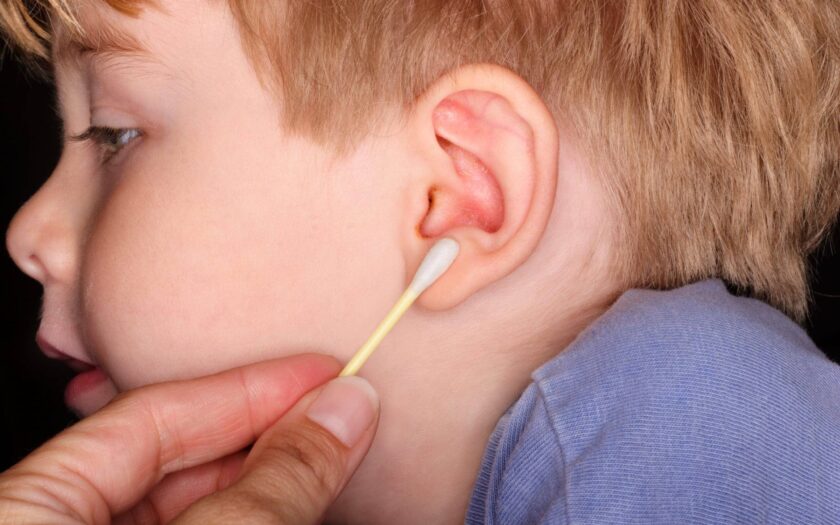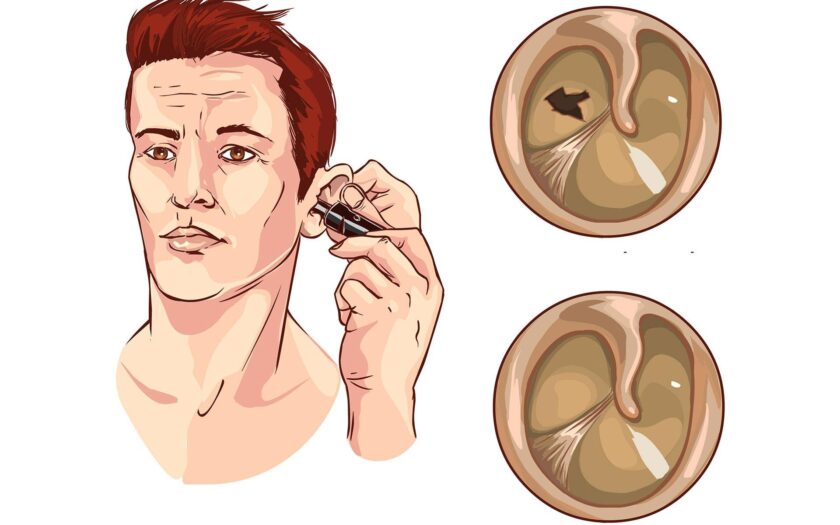Understanding when babies recognize their name is a significant part of their developmental journey. Here’s a comprehensive breakdown based on expert insights:
When Do Babies Recognize Their Name?
- Age Range: Babies typically start to recognize their own name between 4 to 9 months of age. This period is marked by increasing communication and social skills development.
- Specific Responses: By around the 9-month mark, most babies are expected to turn their heads briefly when their name is called. However, all developmental milestones are on a continuum, so some babies may respond earlier or later than others.
- Signs of Recognition: Look for signs such as smiling, making eye contact, and pausing their activity when you call their name. Older infants might also babble back in response to hearing their name.
When Do Babies Say Their Name?
- Early Attempts: Some toddlers may attempt to say their name around 18 months, though this can vary widely. It’s not a milestone that doctors specifically look for early on.
- Language Development: Between 18 to 24 months, toddlers experience a language explosion and may begin to say up to 100 words, including their own name. By age 3, most children can say their first name and may start to recognize and identify their last name between ages 2 to 4.
How Do Babies Learn Their Name?
- Repetition: Babies learn their names through repetition and consistent use in everyday interactions. They hear their names frequently from caregivers in various contexts, which helps them associate the sound with their own identity.
- Daily Interactions: Incorporating your baby’s name into daily routines, such as during feeding, playing, and bedtime, reinforces their understanding of the name.
- Social Settings: Activities like circle time at daycare or preschool, where names are sung or called out regularly, also contribute to name recognition.
Tips to Teach Baby Their Name:
- Consistency: Use your baby’s name consistently and intentionally in everyday conversations. This helps reinforce their association with the name.
- Engagement: Speak directly to your baby, maintaining eye contact and using varied intonation to highlight their name.
- Activities: Incorporate games like Peek-a-boo, sing songs with their name, read personalized books, and use mirrors to help them make connections with their own identity.
When to Be Concerned:
- Developmental Delays: If your baby is not responding to their name consistently by 9 to 12 months, it’s advisable to discuss this with your pediatrician. Hearing challenges or developmental disorders could potentially be factors.
- Autism Awareness: Difficulty in responding to their name could be an early indicator of autism or other developmental concerns. Early intervention and assessment are crucial for addressing any potential issues.
In conclusion, recognizing their name is an important early milestone that lays the foundation for language development and social interaction in babies. By engaging with your baby consistently and sensitively, you can help them learn their name and strengthen their sense of identity and communication skills over time.



